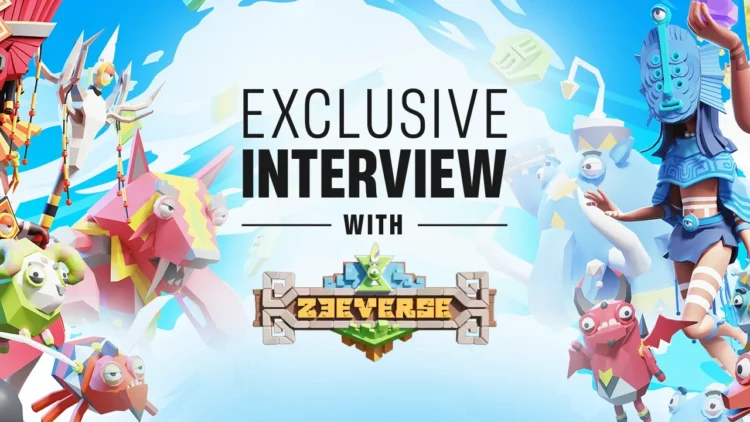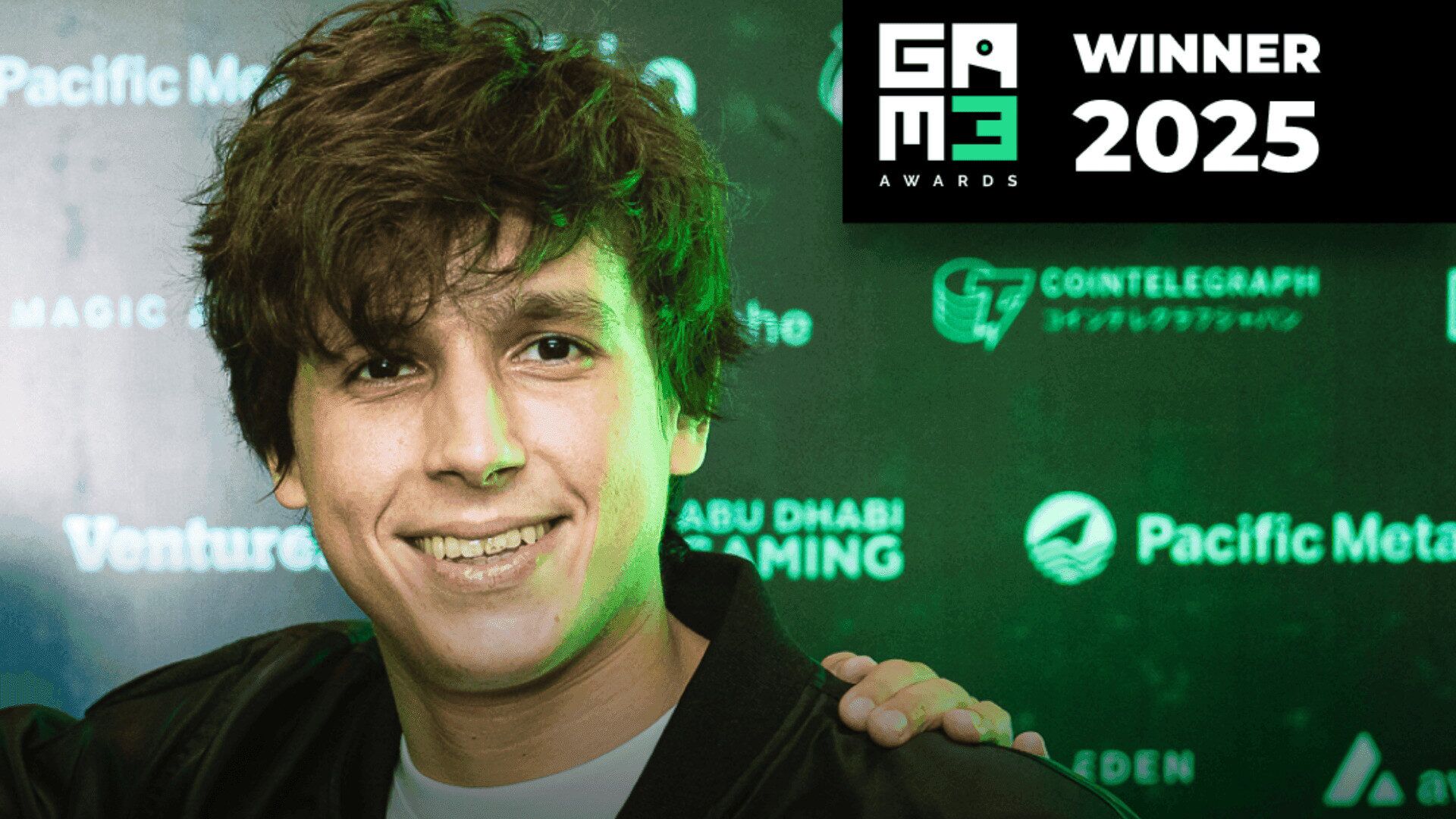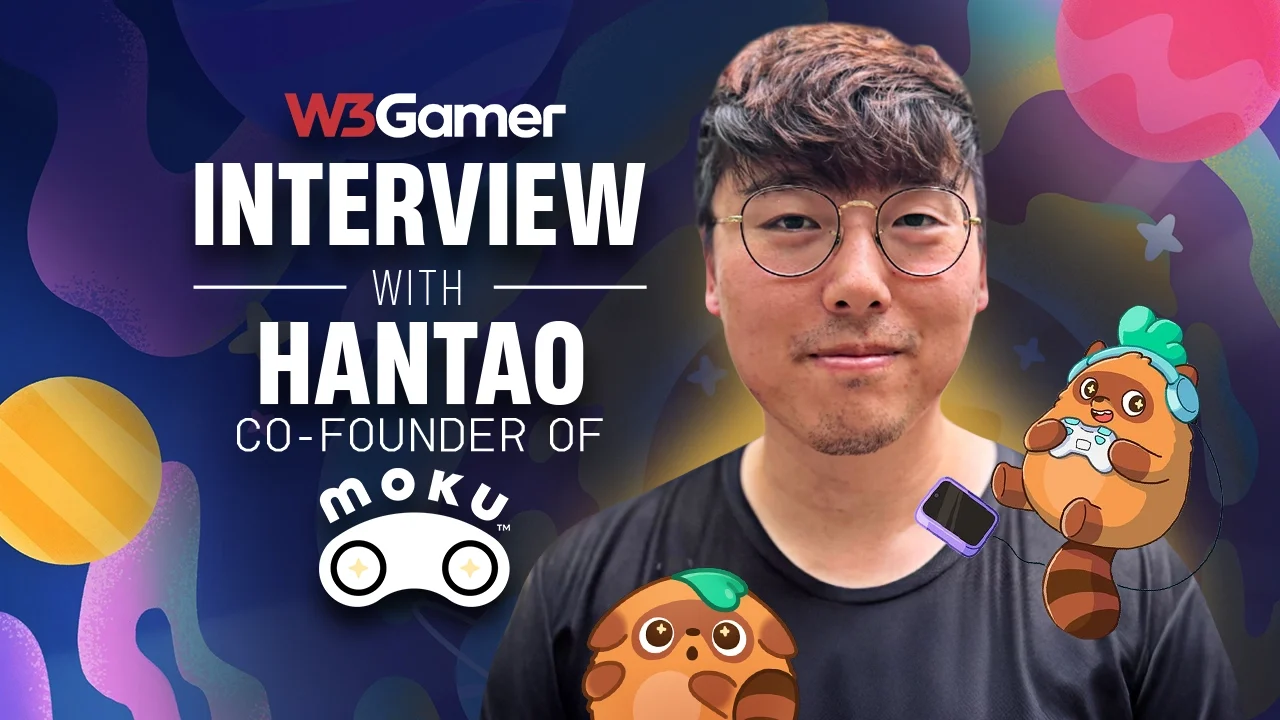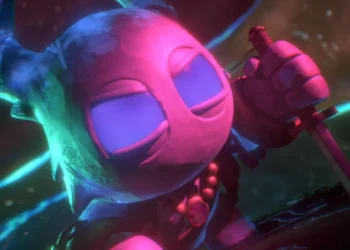Quick Take
- Team behind Zeeverse has built games since 2012, with features from Apple and Google
- New Ronin-based MMORPG uses $VEE and $TREE across a skill-based, player-driven economy
- Phase 2 of the $TREE airdrop is now live, rewarding gameplay, social quests, and NFT holders
The team behind Zeeverse, a creature-based MMORPG now live on Ronin, has over a decade of game development experience. In an interview with Juice Gaming News, studio Founder Edgars Vecozolins outlined its evolution from mobile titles featured by Apple and Google to a decentralized game world built on player ownership and blockchain assets.
“Zeeverse is all about exploration, creature collection, and battling,” said Vecozolins. “My vision is to create a fundamentally perfect game that operates as a country, with an economy fully driven by players and stakeholders.”
The studio’s transition from Web2 to Web3 involved major changes to its approach. “We had to shift from a Web2 revenue-focused model to a Web3 value creation model,” he said, noting that token liquidity fundamentally alters how players engage with game systems. “It changes player motivation and behavior.”
Token Utility and Onchain Design
Zeeverse operates with two main tokens: $VEE and $TREE. $VEE functions as the core game utility token, integrated into progression systems and used across major in-game actions. “Tokens are essentially blood for Zeeverse,” he explained. “$VEE is involved in most areas that respond for progress, giving strong utility and demand from players.”

$TREE, the ecosystem’s newer token, is being distributed through a multi-phase play-to-airdrop campaign. Phase 2 began on June 18, introducing new quests, mechanics, and skill-based task trees. Genesis Mask and Land NFT holders receive point multipliers, while progression determines each player’s claim to the airdrop pool. The campaign accounts for 15% of total $TREE supply.
All in-game items are designed to be onchain and tradable. According to the team, this introduces both design opportunities and challenges. “User experience is critical for onboarding Web2 players,” Vecozolins said. “And with everything onchain, any design flaws are quickly capitalized.”
Security and transparency are both priorities. “Having an onchain economy means it’s very transparent, but it also means potential mistakes or exploits happen onchain too,” he added.
Progression and Monetization
Zeeverse’s gameplay centers around two progression systems: skill development and ZEE training. Both paths are interconnected but allow for flexible advancement. “They are interconnected, but allow players to choose their own path,” Vecozolins said. Progression can be earned entirely through gameplay, with no spending required. However, optional memberships provide accelerated rewards and access to expanded content. According to the team, the membership model also serves a broader purpose: “It’s a way to protect the economy from bad actors and to foster a sustainable economy with neutral monetization.”

In parallel with its core progression systems, Zeeverse features large-scale live events that reshape the game world in real time. The team described these moments as central to their vision of emotional, shared gameplay. “Gaming is about emotions,” said the founder. “Nothing comes close when thousands of players are experiencing how the world turns into something else in front of their eyes.” The studio plans to scale these events in scope and frequency as the player base grows.
Move to Ronin and Future Plans
Zeeverse was previously part of TreasureDAO before switching to Ronin, the Ethereum Layer-2 network developed by Sky Mavis. “Ronin has always been on my radar as the biggest and most active gaming ecosystem,” he said. “I hope we’ll bring millions of new players.”
In five years, the studio expects the Zeeverse world to be 30 to 50 times larger, with hundreds of collectible creatures and a player-driven economy “worth billions.” “We plan to use our expertise in gaming and Web3 to create a hub of Web3 gaming in Europe,” he said. “Zeeverse will do in Web3 what Clash of Clans and Supercell did in mobile gaming.”
Zeeverse’s Ronin-based mint, “The Oath,” went live May 29. Players can participate in the ongoing ambassador program and track airdrop rewards through the project’s website. A roadmap for additional content and future phases is expected later this summer.







